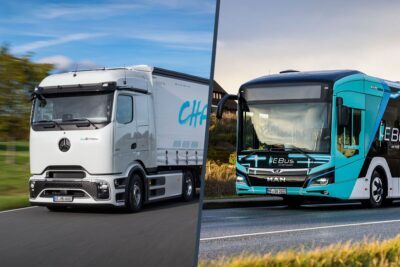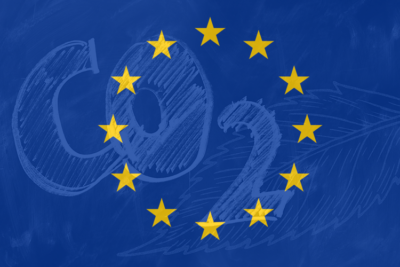Hydrogen transport initiative aims to take off in Europe
A group of eleven transmission system operators from nine EU countries presented a concept for a transnational hydrogen transport infrastructure. A network is planned which will be gradually expanded from the mid-2020s to 2040 to form a transport system with a length of 23,000 kilometres.
The project is called the ‘European Hydrogen Backbone Initiative’. According to the initiators, up to 75 per cent of the network could consist of rededicated natural gas pipelines, which would be connected by new pipeline sections (25 per cent of the total network). In this way, the operators want to make it possible to transport large quantities of hydrogen over long distances in an energy-efficient manner.
The partners behind the initiative are Enagás, Energinet, Fluxys Belgium, Gasunie, GRTgaz, NET4GAS, OGE, ONTRAS, Snam, Swedegas and Teréga. In a first stage up to 2030, these eleven players are planning a 6,800-kilometre-long pipeline system to connect the so-called ‘Hydrogen Valleys’ of Europe. This is to be followed by an expansion to 23,000 kilometers within another decade.
Investment costs of 27 to 64 billion euros are estimated for the expansion of the infrastructure, which the project participants describe as a “relatively manageable amount” in the overall context of the European energy turnaround. The subsequent transport costs are estimated to amount to nine to 17 cents per kilogram of hydrogen per 1,000 kilometres, “allowing hydrogen to be transported cost-effectively over long distances across Europe,” says an accompanying press release. The relatively large range in the estimate is mainly due to uncertainties in the site-dependent compression costs.
The transmission system operators involved aim to eventually extend the H2 transport network to the entire EU. To this end, the group explicitly calls on other European gas infrastructure companies to participate in the further development and implementation of the ‘European Hydrogen Backbone’. Incidentally, the initiative comes only a few weeks after the EU Commission has adopted its hydrogen strategy for the European Union. Among other things, the paper underlines the need for a pure hydrogen network in the EU.





0 Comments